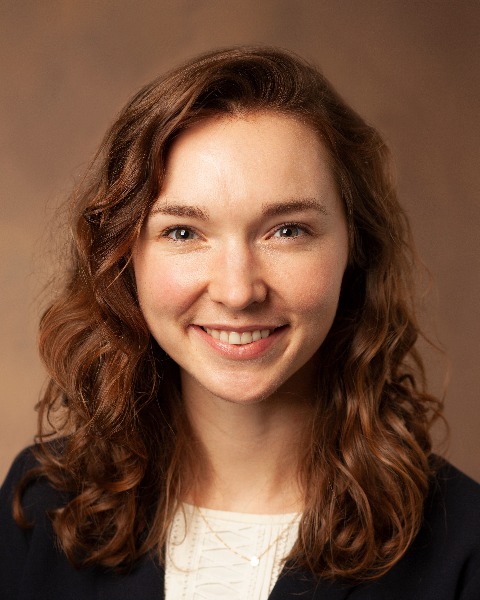Health Services Research Works in Progress
Session: Health Services Research Works in Progress
WIP 90 - Youth perspectives on food insecurity screening and fresh produce prescribing: A nationwide qualitative text-message survey
Saturday, April 26, 2025
2:30pm - 4:45pm HST
Publication Number: WIP 90.7456
Nina Hill, University of Michigan Medical School, Ann Arbor, MI, United States; Ainsley J. Meyerson, University of Michigan, Ann Arbor, MI, United States; Ali Atoui, un, Canton, MI, United States; Tammy Chang, University of Michigan Medical School, Ann Arbor, MI, United States

Nina E. Hill, MD (she/her/hers)
Research Fellow
University of Michigan Medical School
Ann Arbor, Michigan, United States
WIP Poster Presenter(s)
Background: Food insecurity disproportionately impacts children, young adults, and families. Many physicians screen for food insecurity, since it affects diet quality, healthcare use, and treatment decisions. Some physicians prescribe fresh produce to combat food insecurity. Yet little is known about youth attitudes toward food insecurity screening and produce prescriptions in healthcare settings.
Objective: To evaluate youth attitudes toward food insecurity screening and produce prescribing using a nationwide text-message survey of youth aged 14-24 years.
Design/Methods: We obtained data through dissemination of a one-time MyVoice question panel. Youth are recruited through community events and online advertising, and receive small incentive payments for participation. The MyVoice team includes qualitative researchers, content experts, and youth. We posed 5 open-ended questions to 760 MyVoice participants on October 11, 2024 and received 573 responses (75.4% response rate):
1) Many young people and their families have trouble affording healthy foods. Have you or your family experienced this? Tell us about it.
2) Do you think it is important for you to have access to healthy food? Why or why not?
3) Do you think it is important for your doctor to know if you or your family is having difficulty accessing food? Why or why not?
4) Doctor’s offices worry they may make families feel uncomfortable by asking if they have trouble accessing healthy foods. What would you say is the best way to ask these questions?
5) Some doctors prescribe fruits and vegetables to help patients get free healthy foods. Would you participate in a program like this? Why or why not?
We will develop a codebook through content analysis, which will be iterated through research team discussions. Responses will be independently coded by two reviewers with discrepancies discussed to reach consensus. We will calculate descriptive statistics for demographics and code frequencies to identify main themes. Our study was approved by the University of Michigan IRB, with waiver of parental consent for youth under 18 years.

